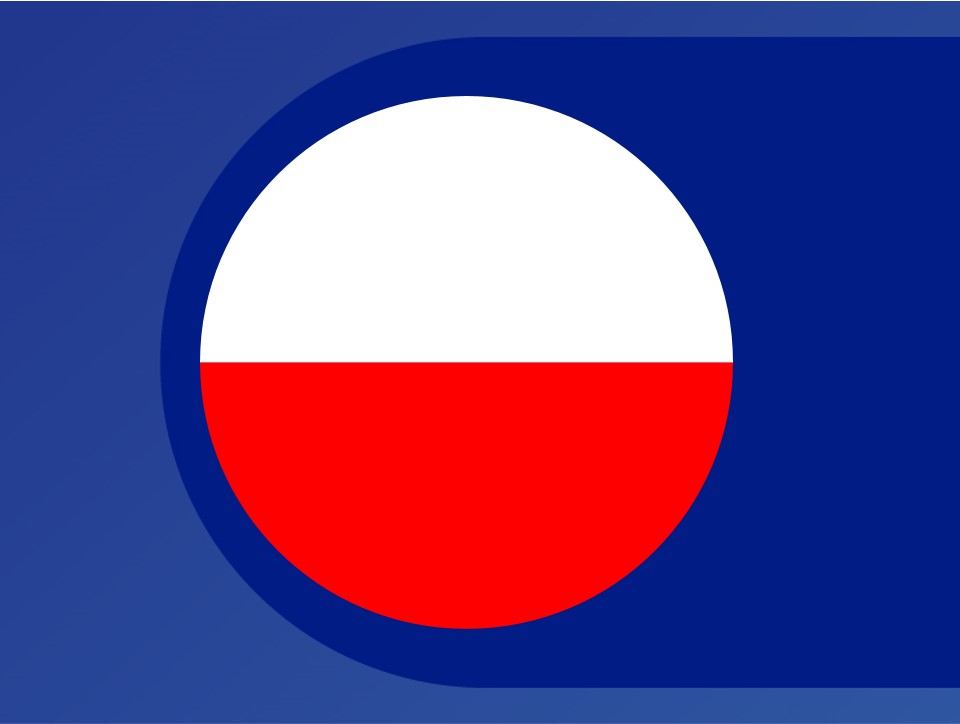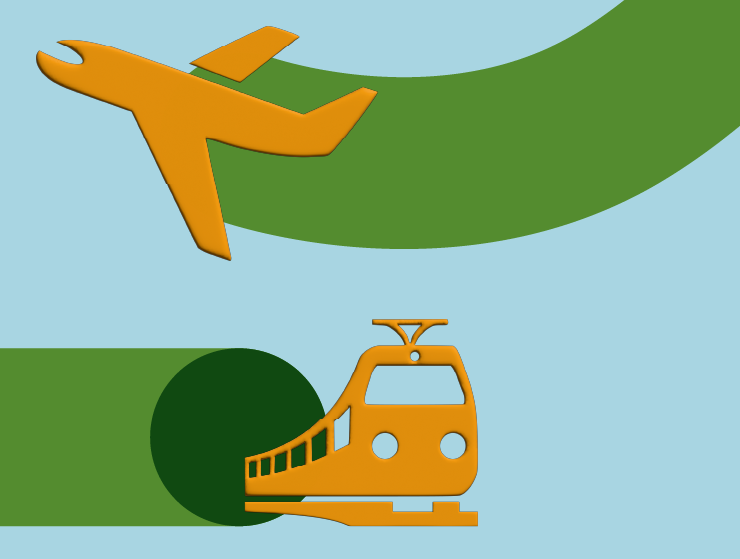591 открити резултати
Skip results of view Новини

Destination Earth ( DestinE ) is a project by the Commission aimed at creating a highly accurate digital replica of the Earth. This digital twin will be used to model, monitor, and simulate natural phenomena, hazards, and human activities. By providing detailed insights, it will help users develop effective strategies for adaptation and mitigation for the benefit of our planet. DestinE enables users to access different interactive tools for thematic simulations, which are presented through three main components. First, the DestinE platform , which is the core entry point for the user in the

As part of its effort to support the green and digital transitions, the European Commission invites all stakeholders to take part in a public consultation under the GreenData4All initiative. The consultation is open to a wide audience – including EU citizens, environmental and geospatial data experts, businesses, NGOs, academia, and international partners – and aims to gather feedback on how to improve access to and reuse of environmental data across Europe. The GreenData4All initiative addresses the growing need for better sharing of environmental data, which is crucial for developing
Mark your calendars for our upcoming webinar ‘ Unlocking data interoperability: exploring ways of standardisation with real use cases ’, taking place on Friday, 25 April 2025, from 10:00 to 11:30 CEST. This informative session will explore the role of data interoperability in facilitating seamless data exchange. Data interoperability is essential in today's digital landscape. It enables different systems and organisations to exchange information seamlessly, fostering transparency and collaboration across borders. By ensuring that data is accurate, reliable, and easily discoverable

The interoperability assessments space is a framework that evaluates and raises awareness of cross-border interoperability issues at the earliest stage. Required by Article 3 of the Interoperable Europe Act , these assessments ensure that new or significantly changed regulations for trans-European digital public services address interoperability issues before they are implemented. Interoperability refers to the ability of organisations and systems to communicate and work together effectively, a key concept outlined in the Interoperable Europe Portal . The Assessment Space is where the

Poland’s national open data portal, dane.gov.pl, serves as a central platform for accessing public data across a wide range of sectors, from infrastructure and energy to education and public finance. With more than 43 000 datasets and contributions from over 500 public and private publishers, the portal supports transparency, civic participation and data-driven innovation. Designed with both casual users and data professionals in mind, the portal offers a streamlined search experience, ready-to-use data visualisations, and access to data in machine-readable formats. Datasets are enriched with

Smart cities are transforming urban environments across the European Union by integrating digital technologies to enhance traditional urban planning services and infrastructure. These cities aim to create more efficient, sustainable, and safer spaces by leveraging innovations like AI and open data. AI technologies, powered by precise open data, are improving quality of life in urban areas . For example, the EU-funded project AMIGOS uses AI-driven smart cameras and sensors to monitor city spaces in Las Rozas, Madrid, providing real-time data that helps city planners make informed decisions. A

Today, on 7 April, it is World Health Day 2025 , dedicated to raising awareness of global health issues. This year's campaign theme, ‘Healthy beginnings, hopeful futures’, highlights the importance of improving maternal and newborn health to improve global well-being. According to the World Health Organization (WHO) publications , nearly 300 000 women die annually due to pregnancy or childbirth-related complications. Additionally, over 2 million newborns pass away in their first month. These statistics show the urgent need for action. The WHO’s target to improve maternal survival by 2030 aims

The mobility sector is undergoing a rapid digital transformation, with open data playing a crucial role in enhancing transport efficiency, sustainability, and accessibility. By making real-time traffic data, public transport schedules, and infrastructure information openly available, open data enables smarter mobility solutions that benefit both citizens and businesses across Europe. From reducing congestion to improving multimodal transport planning, data-driven insights are reshaping how people and goods move. To foster innovation in the mobility sector, the European Commission has
Mark your calendars for an insightful webinar on data spaces. On Friday, 11 April 2025, from 10:00 to 11:00 CEST , we will delve into the European marketplace for language data during the webinar ‘ Data spaces: experience from the European Language Data Space ’. The European Language Data Space (LDS) is one of the Common European Data Spaces , as outlined in the European data strategy . The LDS aims at building a trustworthy and effective data market for the exchange of language resources in both the private and public sectors. It serves as a platform for sharing and monetising language data

The European Open Science Cloud (EOSC) is an initiative designed to create a federated, open, and multi-disciplinary digital environment for European researchers, academics, innovators, and citizen scientists. At its core, EOSC aims to facilitate the sharing, discovery, and reuse of research data, tools, and services, fostering collaboration and accelerating scientific progress. A key principle of EOSC is adherence to the FAIR data standards – Findability, Accessibility, Interoperability, and Reusability – ensuring that research outputs are widely available, reusable, and beneficial across
